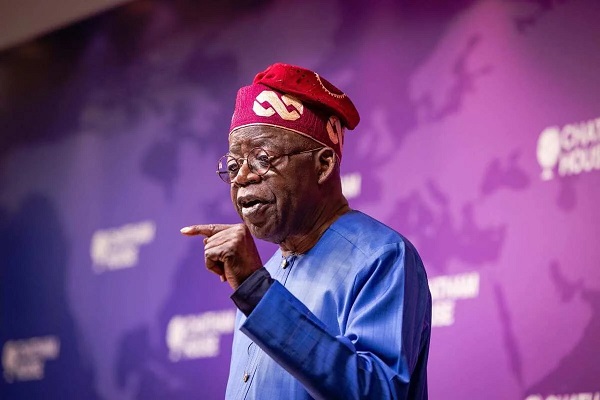By Evans Ufeli Esq.
The issue of political party allegiance and the consequences of defection among public office holders, particularly governors, is a topic of significant importance in Nigeria’s political landscape.
In a nation where party loyalty can be deeply intertwined with the ethos of democratic governance and electoral integrity, the question arises: should governors who defect from their political parties be penalized, perhaps even removed from office?
The Supreme Court's ruling in the case of Amaechi vs. Celestine Omehia & INEC underscores the principle that political parties, rather than individual candidates, bear electoral significance. The court asserted that it is the party that contests elections, wins or loses, and it is the party that receives the mandate from the electorate.
This ruling implies that each vote cast is essentially a vote for the party and its ideological framework, rather than merely an endorsement of the individual candidate.
Given this legal backdrop, a governor’s voluntary defection to another political party raises critical questions about electoral accountability and the sanctity of the democratic process.
When a governor switches allegiance indiscriminately, one might argue, it undermines the very foundation of party politics that the electorate originally endorsed. Voters cast their ballots with the expectation that their choice would lead to the election of a representative who embodies the principles and agenda of the party they identified with during the elections.
When such a governor defects without due consideration—often seen as a maneuver to either secure personal gain, more favorable political conditions, or attempt to realign oneself with a more dominant political group—it is arguably a betrayal of the voters’ mandate.
The implications of such defection extend beyond individual votes. They disrupt the political landscape, affecting party dynamics, governance continuity, and the electorate's trust in the political system. The switch may lead to instability within the governor's previous party, weakening it at a time when cohesive opposition is necessary for a functional democracy.
Moreover, it may alienate voters who feel that their electoral choice has been undermined by the political machinations of a single individual.
Arguments in favor of penalizing defecting governors often hinge on the need to maintain political integrity and ensure accountability.
When a governor is allowed to carry the victory obtained under the banner of one party while seeking to pursue agendas aligned with another, it opens the door to opportunism and a lack of commitment to the collective interests of the electorate.
In such cases, it is reasonable to argue that the governor, having effectively disengaged from the party that supported their election, should relinquish their office.
Critics of this perspective, however, might assert the importance of personal conviction in political representation—arguing that individuals may outgrow or disagree with the party they initially aligned with. They may contend that political dynamics often shift, and swift changes in allegiance could reflect evolving political realities.
Yet, while personal principles have value in political leadership, they cannot supersede the foundational principle of electoral democracy as set out in legal frameworks and court rulings such as those in the Amaechi vs. Omehia case.
In conclusion, the principle articulated by the Supreme Court establishes a precedent emphasizing that the responsibility of maintaining party loyalty and respecting the electoral contract rests with elected officials.
Thus, a governor who wishes to defect should indeed face consequences, potentially culminating in the loss of their seat. This would serve to reinforce the importance of party affiliation in Nigeria's democracy, promote electoral integrity, and ensure that elected officials adhere to the mandates that their constituents believed they were supporting.
Upholding these principles is crucial for fostering trust in the democratic process and ensuring that elected officials remain accountable to the voters who empowered them.




